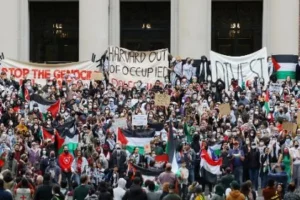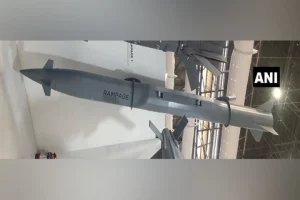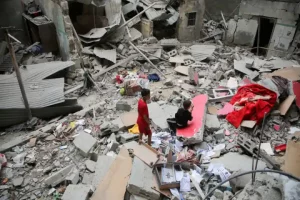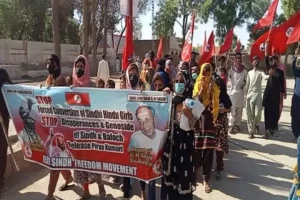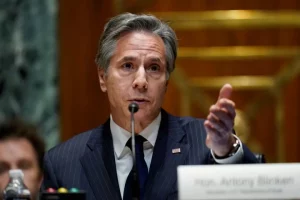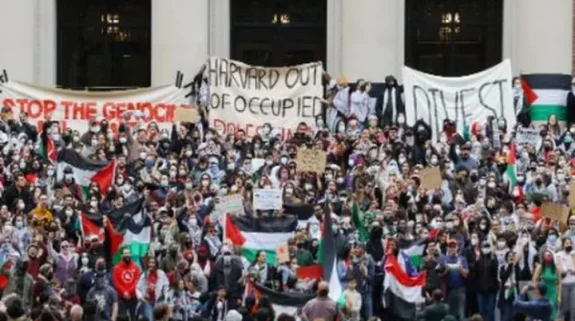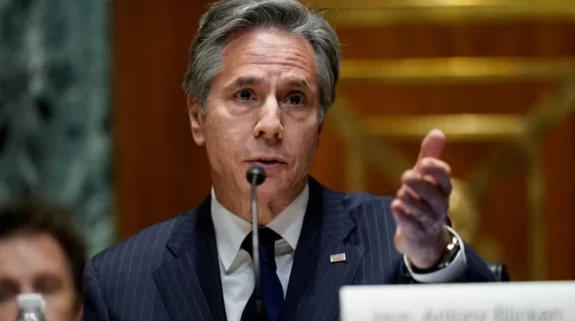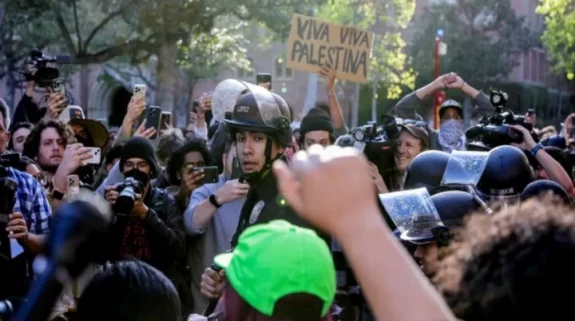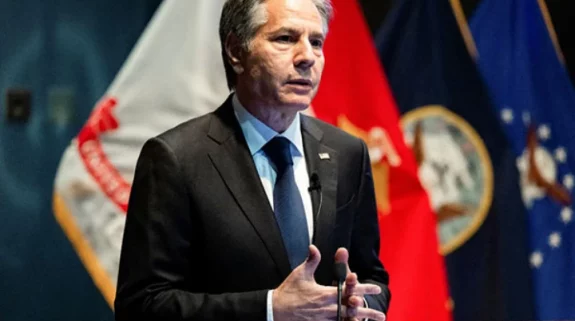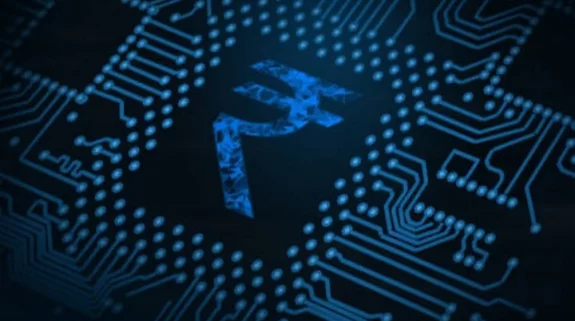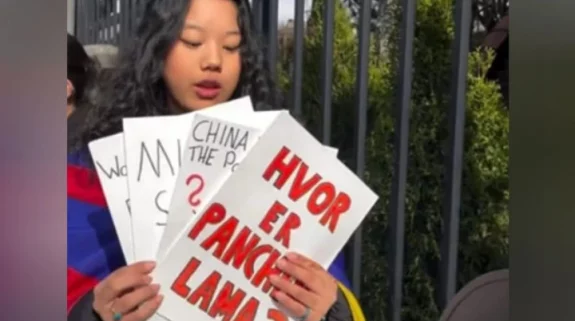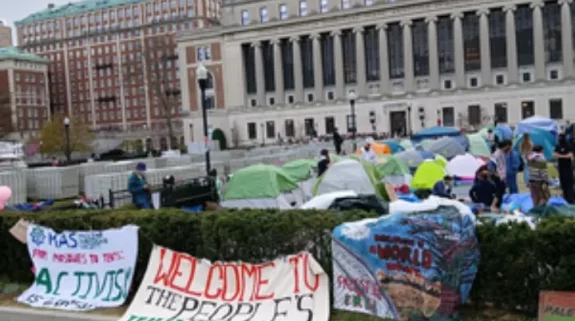As the Indo-Pacific tapestry grows post its validation from the superpowers, New Delhi does not appear to be letting go of any opportunity of extending the grouping. Indian Foreign Secretary Harsh Vardhan Shringla's planned visit to the Maldives on 9-10 November, comes right after US Secretary of State Mike Pompeo's announcement last week to open the first US embassy in Male.
On November 5, speaking at the Diamond Jubilee seminar of the Delhi-based National Defence College (NDC), Shringla spoke about India’s role as a "net security provider” in the extended neighborhood. He said: "Net security does not have to be seen in the context of hard security. Net security also means cooperation with our neighbors in the Indo-Pacific region on maritime security."
Resonating a "free and open Indo-Pacific" aimed at keeping the Chinese influence under check in the region, both US and India have been stepping up their engagements with this small Indian Ocean archipelago. The US recently signed a defence cooperation framework agreement with Maldives intended towards peace and security in the Indian Ocean.
The Foreign Secretary also stated in his NDC address how India was providing Covid-19 related assistance to its neighbors like Maldives, Mauritius, Madagascar, Comoros and Seychelles in the form of supplies and drugs, using naval assets. It may be noted that last month New Delhi dispatched the Indian Naval Ship Airavat with 270 MT of food aid to Sudan, South Sudan, Djibouti and Eritrea, as Covid help. Ratifying India’s role as a "net security provider”, New Delhi has been at the forefront of humanitarian aid whether it is repatriation through special flights or medical assistance in the extended neighborhood.
Shringla's Maldives visit will mark the first high level in-person interaction between the two sides since the Covid-19 pandemic broke out, where the Foreign Secretary is scheduled to call-on President Ibrahim Mohamed Solih and other senior leaders.
Secretary Pompeo's recent visit to India, Maldives, Sri Lanka and Indonesia has been viewed by Beijing with discomfiture, so much so that the Chinese Foreign Ministry spokesman Wang Wenbin called it an American attempt to “sow seeds of discord” between China and regional countries. Washington's request to Indonesia for refueling facilities for its long range maritime reconnaissance planes, P-8A, to signing the (Basic Exchange and Cooperation Agreement) BECA with India, deepening relations with Maldives and Sri Lanka, aimed at an 'open and a free Indo-Pacific' have invited the ire of China.
Former Indian Naval Chief Sureesh Mehta says, "India has helped Maldives set up its Coast Guard, given them Coast Guard ships, therefore, we share a good relation with them. For China, Maldives is very crucial as it is in close vicinity of India. China would like to use it as a launchpad for its activities against India."
Maldives, a small nation and indebted to China for approximately $1 billion maintains an equidistant relationship with both countries, but Male has hosted Chinese warships in the recent past. There were strains in Indo-Maldivian ties in 2018 after a new government was formed in Male. India had objected to the conduct of elections in Maldives leading to a temporary freeze of visas to Indians and New Delhi planned to get back its indigenous Advanced Light Helicopters earlier gifted to Male.
Maldives aborted Indian projects like the modernization of the Male International Airport and the Greater Male Connectivity Project, which led to further souring of relations under alleged Chinese influence. In the past two years efforts have been made by both sides to mend relations, the fallout of which was the scrapping of a Chinese proposal of a Joint Ocean Observation Centre by Maldives.
“It is important that India must retain its own strategic space and resist Chinese efforts to restrict India's strategic freedom in terms of both, space and time. Hence, our efforts regarding Maldives should be seen by the Maldives as a more reliable and more considerate "go-to" power than China,” explains retired Vice Admiral Pradeep Chauhan of the Indian Navy.
He added: "This mistaken belief that money alone is sufficient to buy goodwill and influence is the greatest weakness in China's BRI and it is the reason why the BRI is facing pushback from many countries. So if the leadership of Maldives is mature and if India's brand-positioning is clever and sustained, there is no reason to believe that Maldives will continue to endure Chinese haughtiness merely because of an existing financial debt. Conversely, there is every reason to believe that India will be able to bring Maldives willingly back into the Indian fold.”.






